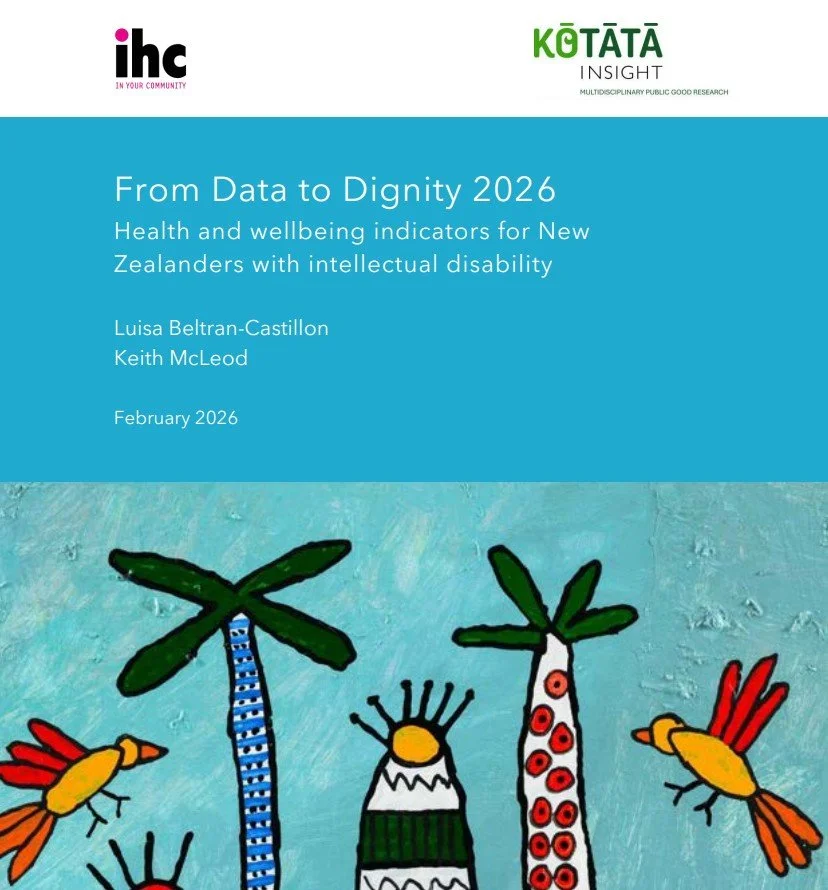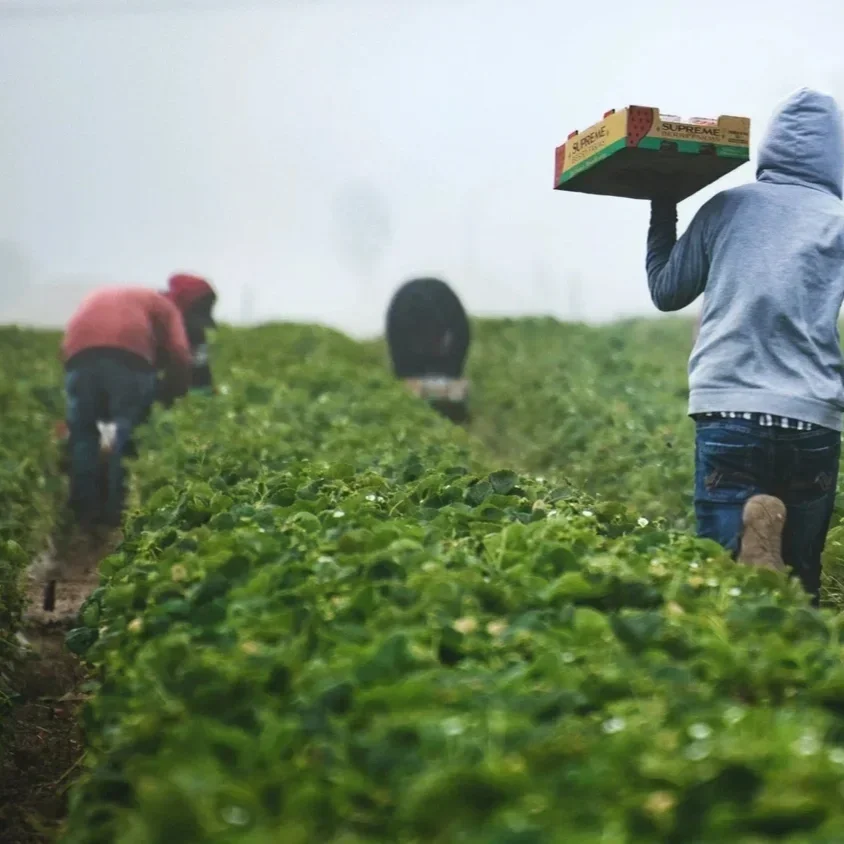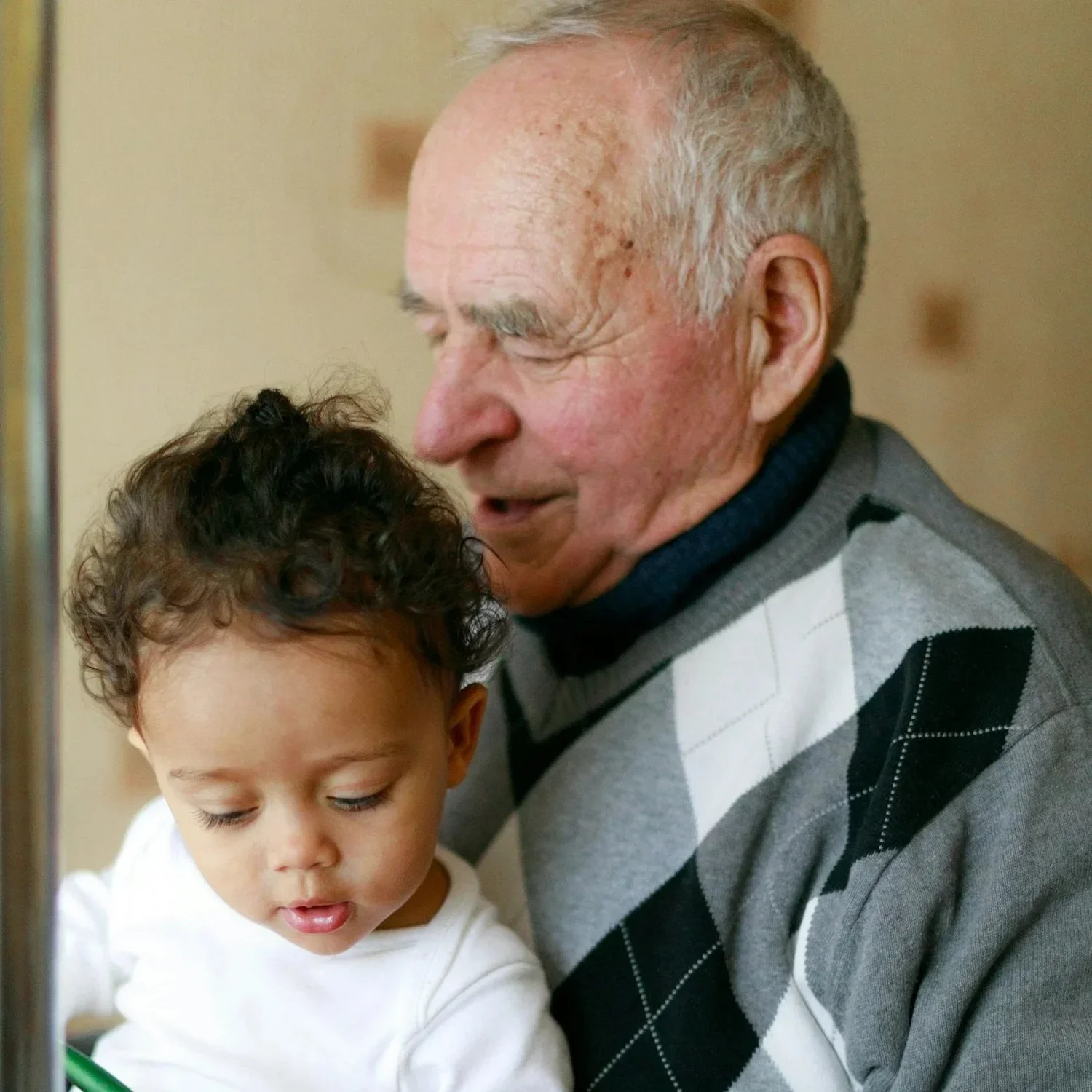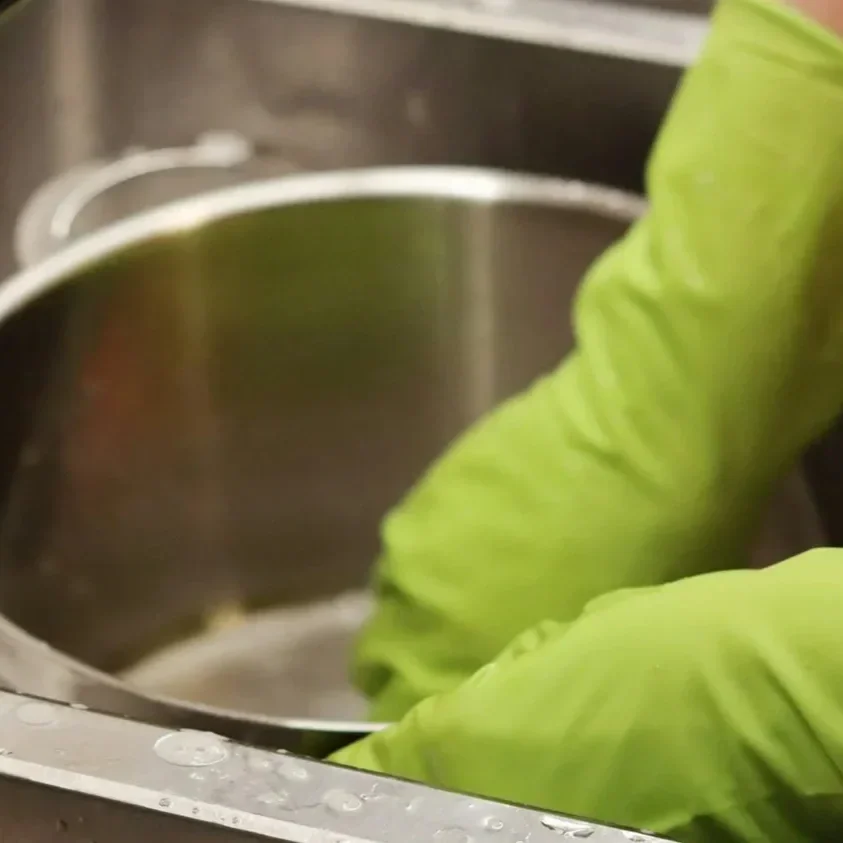Welcome to Power to Persuade for 2026! We begin the year with a post from Alexa Ridgway (RMIT University), who discusses the need for formalised, co-ordinated and government-funded support for the family and friends of missing migrants and non-citizens - a salient issue in the context of missing Belgian tourist Celine Cremer, whose friends travelled from Belgium to assist with search and rescue efforts.
Read MoreIn 2025, Power to Persuade has invited articles on the theme of the relevance of rights for 21st century policy. This post from Everyday Human Rights, an independent, non-political human rights educational consultancy, argues for the continued relevance of human rights frameworks as a tool for policy makers.
Read MoreIn Australia, progress on complex reform has been limited in recent years - hampered by, among other things, competing evidence claims and resourcing allocations.
This post highlights the findings of a new project on Social Licence to Operate (SLO) as a set of policy practices that can support major reform. The project was co-designed and funded with ANZSOG and the South Australian Department of Premier and Cabinet, and conducted by Ruth O’Connor, Sara Bice, and Hayley Henderson at ANU’s Crawford School of Public Policy.
The project draws on a series of commissioned case studies, which feature Power to Persuade moderators Sophie Yates and Sue Olney discussing current NDIS reforms.
Read MoreThis week's posts are being sourced by the Life Course Centre (@lifecourseAust) to continue the conversation on social and economic disadvantage as part of Anti-Poverty Week 2025 (@AntiPovertyWeek). Gender inequality extends beyond income and employment into the structures of everyday life. Unequal relationships and domestic expectations can limit women’s autonomy, financial independence and heighten their vulnerability to poor wellbeing and mental health. PhD student Alysha Gray from The University of Queensland and the Life Course Centre explains.
Read MoreThis year, Anti-Poverty Week 2025 (12-18 October) continues its campaign to raise awareness and understanding of the causes and consequences of poverty in Australia, and to encourage action to end it. Dr Shannon Edmed and Professor Simon Smith from The University of Queensland (@UQ_News) and the Life Course Centre (@lifecourseAust) have been examining how sleep can be an indicator and mechanism of disadvantage.
Read MoreOn the eve of Anti-Poverty Week for 2025, David Tennant explores the intersections between poverty, place and policy. David has worked in the not-for-profit community services sector for over thirty years, most recently as CEO of regional Victorian agency FamilyCare between May 2010 and July 2025. He is the Victorian Co-Chair, Anti-Poverty Week, and a Visiting Fellow at the ANU’s Children’s Policy Centre.
Read MoreTemporary work should be a pathway to dignity and opportunity — not a source of risk. In this important piece, Ananya Doundiyal shows how visa settings, employer dependency, and weak enforcement create conditions where wage theft, coercion, and sexual harassment thrive — especially in feminised sectors like care, cleaning, hospitality, and horticulture.
Read MoreAustralia’s immigration system should be a source of safety — not another barrier — for women seeking protection from domestic and family violence. In this powerful piece focused on how immigration status shapes access to support for Chinese women, Manjin Zhang shines a light on how visa status can be exploited as a tool of control and why many temporary migrants are locked out of the very supports meant to keep them safe.
Read More




















